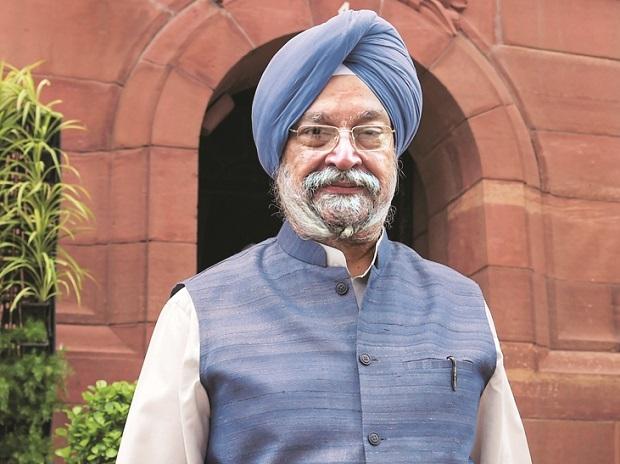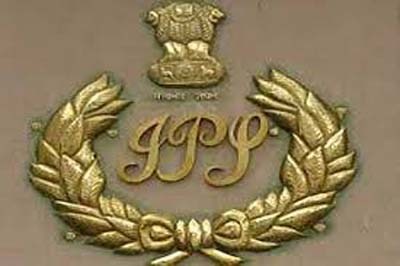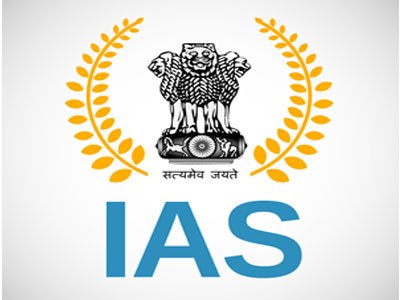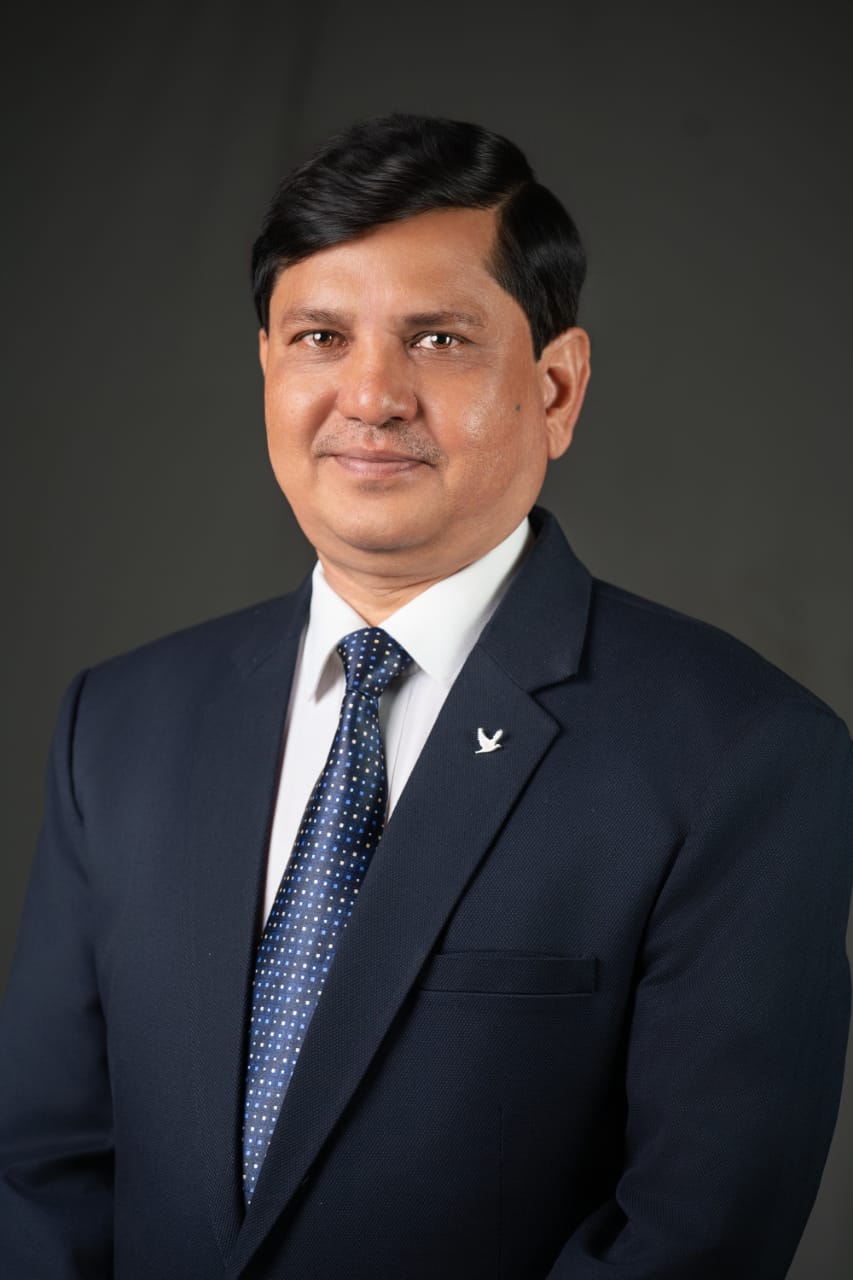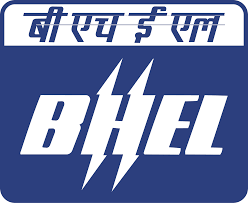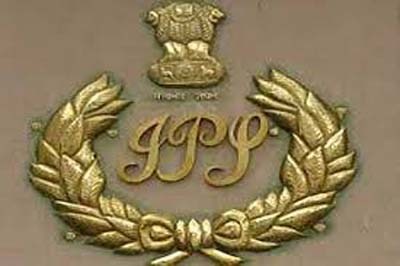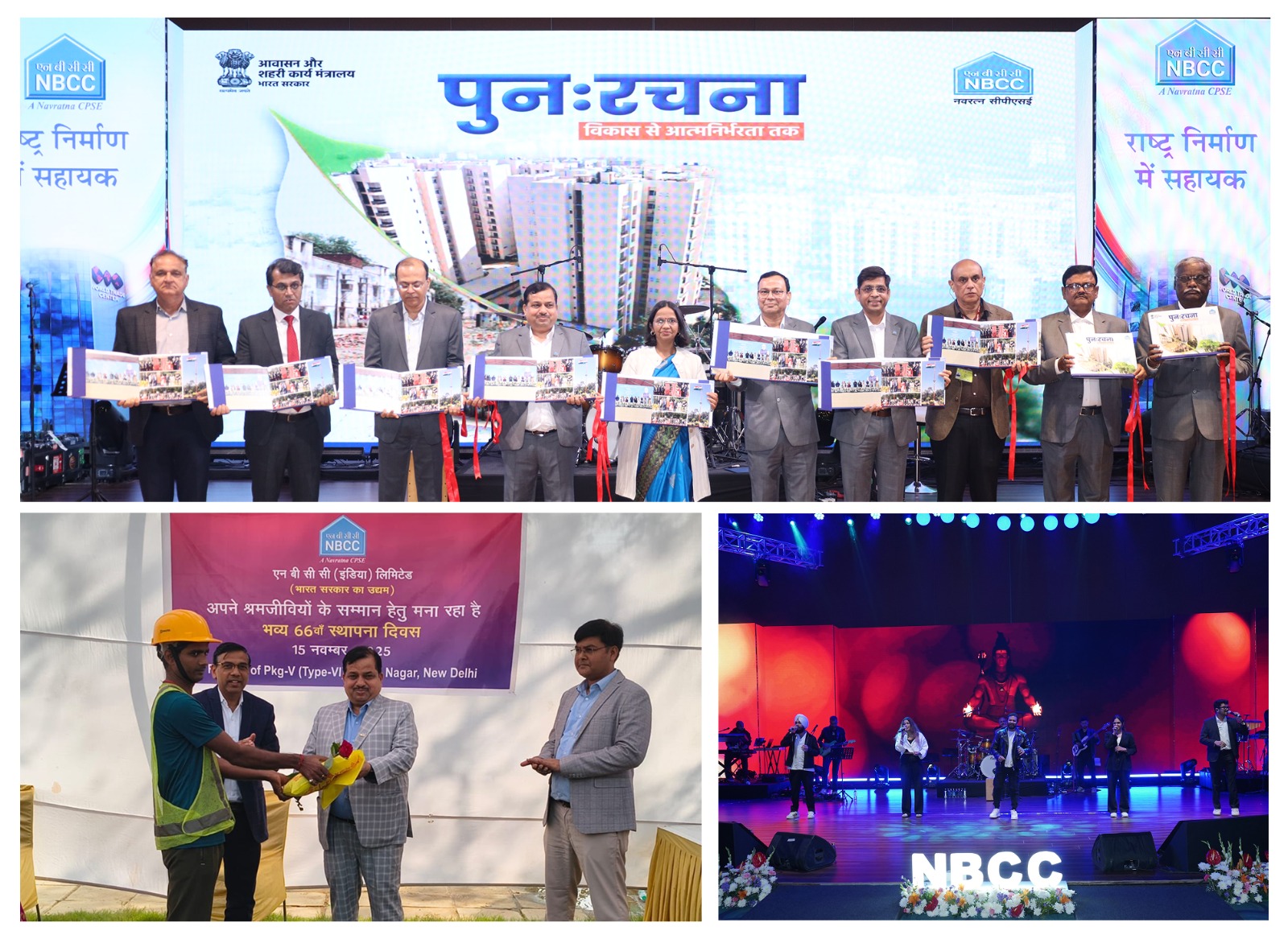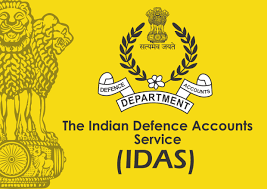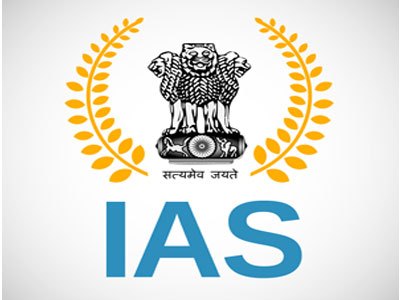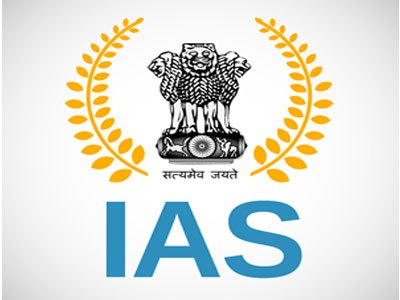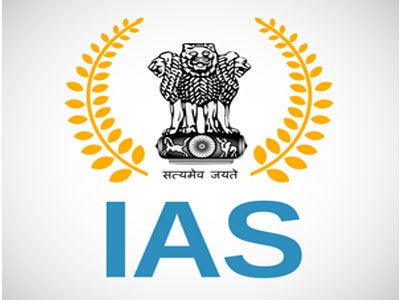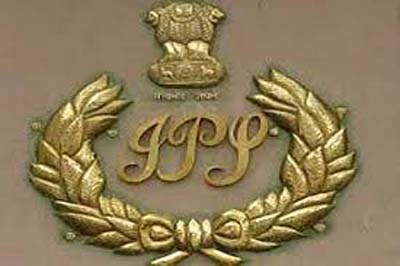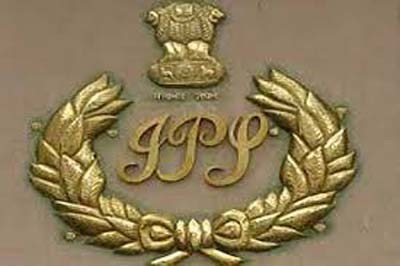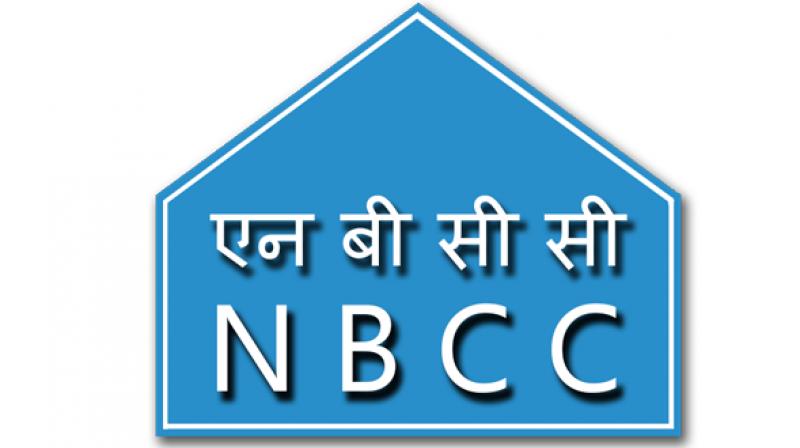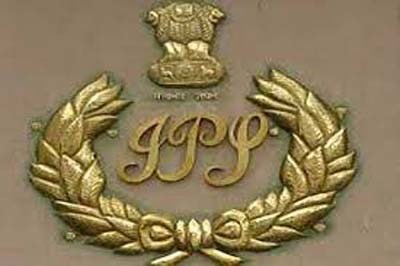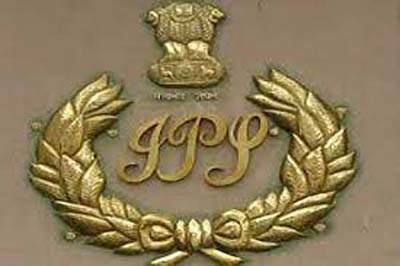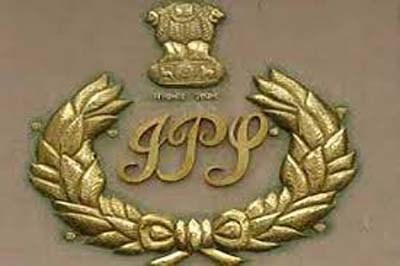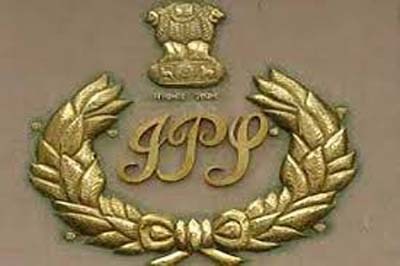Government continues to take measures on an ongoing basis to ensure that LPG distribution and subsidy transfers in respect of domestic LPG consumers are efficient, transparent, and inclusive. This was stated by Shri Hardeep Singh Puri, Minister of Petroleum and Natural Gas, in written reply to a Starred Question in the Rajya Sabha. He noted that the implementation of initiatives like the PAHAL (DBTL) scheme, Aadhaar-based verification, biometric authentication, and the weeding out of ineligible or duplicate connections have significantly strengthened the system of transfer of targeted subsidies.
Shri Puri informed that, to enhance consumer empowerment and improve service transparency, the IVRS/SMS refill booking system has been implemented across the country in all LPG distributorships. Under this system, consumers receive SMS notifications at key stages — refill booking, cash memo generation, and refill delivery — enabling them to track their transactions and report any cases of wrong or non-delivery. He further stated that Oil Marketing Companies (OMCs) have introduced the Delivery Authentication Code (DAC), which is sent to the consumer via SMS upon cash memo generation and is required to be shared with the delivery personnel at the time of delivery, thereby ensuring authentication.
To ensure compliance and curb malpractices, the Minister mentioned that both regular and surprise inspections of LPG distributors are conducted by field officers of the OMCs. In addition, officers from Regional Offices, Zonal Offices, Divisional Offices, and Territory Offices, along with officials from the Anti-Adulteration Cell, Quality Reassurance Cells, and Vigilance Department, carry out random checks at distributors’ godowns, showrooms, delivery points, and en-route, to prevent misuse of LPG.
Shri Puri outlined the key reforms undertaken in subsidy transfers and strengthening of the system, which include:
To regulate the distribution of LPG, Shri Puri informed that the Government has notified the “Liquefied Petroleum Gas (Regulation of Supply and Distribution) Order, 2000.” Additionally, OMCs have formulated “Marketing Discipline Guidelines” to be adhered to by LPG distributors. These guidelines provide for penal action against distributors found indulging in malpractice. In all established cases of irregularities in the marketing of LPG, action is taken as per the provisions of the Marketing Discipline Guidelines or the Distributorship Agreement.
The Minister stated that several studies have been conducted to assess the impact of the DBTL–PAHAL scheme. A comprehensive third-party evaluation by the Research and Development Initiative (RDI) found that more than 90% of respondents were satisfied with the subsidy reimbursement mechanism. The report recommends strengthening the subsidy payment infrastructure and grievance redressal systems, and improving targeting by limiting subsidies to economically weaker sections. It also notes the need for sustained safety awareness and wider outreach through local language and mass media campaigns to ensure safe usage and better adoption of LPG. Based on these findings, Shri Puri said that steps have been taken to further improve the efficiency, transparency, and outreach of the PAHAL scheme.
During 2024-25, about 194 crore LPG refills were delivered to consumers, and complaints were received for only around 0.08% of these — mostly related to subsidy transfer or delivery delays — reflecting the overall efficiency of the system.
He also mentioned that the grievance redressal system for LPG consumers has been gradually strengthened and improved to enhance the overall consumer experience and service quality. Consumers can lodge grievances or complaints through the following mechanisms:
